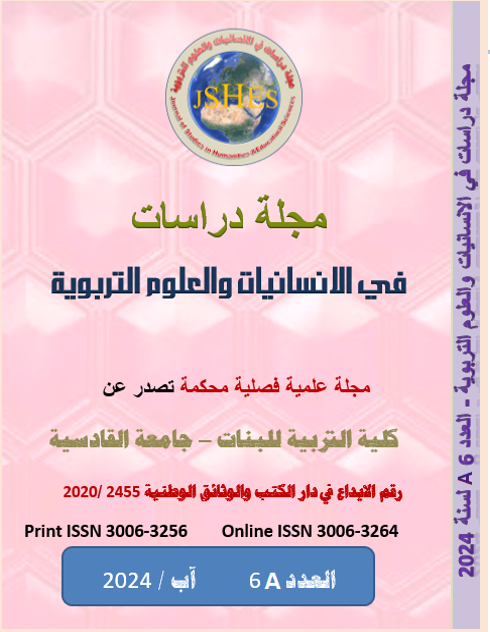Abstract
This study focuses on the different pragmatic strategies that can be used in order to conduct a successful cross-cultural communication in a globalized business landscape. The study particularly focuses on intercultural business negotiations and the areas where there are a lot of potentials for causing conflict between the negotiated parties. This study employed a mixed-methods research design of both scenario based experiments that can mirror an intercultural business negotiation and some interviews with the participants in the experiments to detect the pragmatic factors that play an important role in resolving the conflicts that arise in intercultural business negotiation. The findings revealed that some pragmatic strategies, such as indirect communication, face-saving techniques, and adherence to politeness norms, can be employed to conduct a successful negotiation and to overcome the negative effects that result from the lack of mutual cultural understanding or from the misinterpretation of nonverbal gestures.
Keywords
Intercultural Business Negotiations
Managing Conflicts
Pragmatic Strategies
Abstract
تركز هذه الدراسة على الاستراتيجيات العملية المختلفة التي يمكن استخدامها لإجراء تواصل ناجح بين الثقافات في مشهد الأعمال المعولم. تركز الدراسة بشكل خاص على المفاوضات التجارية بين الثقافات والمجالات التي يوجد فيها الكثير من احتمالات التسبب في الصراع بين الأطراف المتفاوضة. استخدمت هذه الدراسة تصميمًا بحثيًا متعدد الأساليب لكل من التجارب القائمة على السيناريو والتي يمكن أن تعكس مفاوضات الأعمال بين الثقافات وبعض المقابلات مع المشاركين في التجارب لاكتشاف العوامل العملية التي تلعب دورًا مهمًا في حل النزاعات التي تنشأ في مفاوضات الأعمال بين الثقافات. . وكشفت النتائج أن بعض الاستراتيجيات العملية، مثل التواصل غير المباشر، وتقنيات حفظ ماء الوجه، والالتزام بمعايير المداراة، يمكن توظيفها لإجراء مفاوضات ناجحة والتغلب على الآثار السلبية التي تنتج عن الافتقار إلى التفاهم الثقافي المتبادل أو من سوء الفهم. سوء تفسير الإيماءات غير اللفظية.
Keywords
: الاستراتيجيات العملية، إدارة الصراعات، المفاوضات التجارية بين الثقافات.
